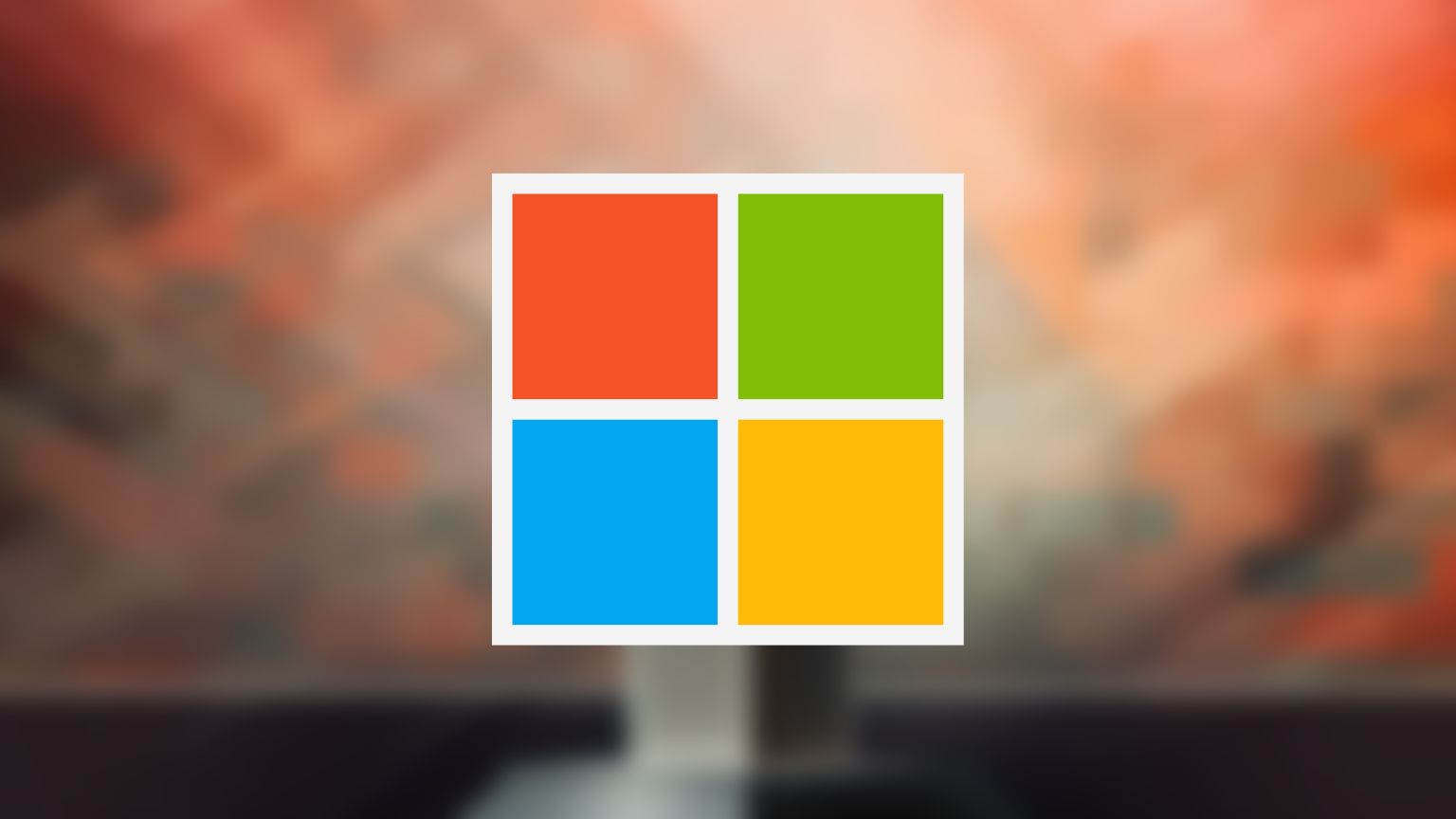The public and media in general are finding out about Microsoft’s decades-long MO. Its critics have long since observed that in business, like now in politics, this original Big Tech “terror” has been evasive, obstructive, and generally, “less than sincere” in its actions and intentions.
In this case, reports speak about the realization that although Microsoft three months ago said the right thing – that it was suspending its use of the controversial Global Disinformation Index (GDI), in light of revelations about the nature of this government-backed “disinformation” tracker – what Microsoft actually did, remains unclear to this day.
Microsoft in February announced that it was investigating allegations about GDI and in the meanwhile stopping using the service. The tech giant, according to internal information, did temporarily delete flags whose job was to censor conservative sites for supposed “disinformation.”
But there has been no information whatsoever yet from Microsoft about the findings of its investigation, and whether or not the corporation intends to continue working with GDI, writes the Washington Examiner.
This behavior is interpreted as essentially evasive, and therefore, opaque at the very least.
And that is exactly what Judicial Watch President Tom Fitton is advising against in his statements to the press related to the issue at hand.
In addition, Fitton doesn’t think investigations of this kind – into the blacklisting of sites based on ideology and/or politics – should be left to tech companies, but instead require congressional involvement.
“Whatever Microsoft said they’re doing is not nearly enough because of the government funding. Congress has an obligation to pursue it,” Fitton is quoted as saying.
GDI – which is UK-based – from 2020 until 2022 got nearly a million dollars in funding directly from the US government, i.e., a State Department outfit called “the Global Engagement Center,” and from the National Endowment for Democracy (NED) – a non-profit that’s backed by government via congressional appropriations.
Also in February, just as Microsoft was among those who got in the hot seat for their association with GDI, NED said it would stop giving the “disinformation” scheme money, so as to avoid being perceived as doing “work” in the US itself.
(Critics have for a long time criticized NED for subversive political behavior abroad and meddling in other country’s affairs.)
Meanwhile, GDI had until May 11 to “provide House Foreign Affairs Committee Republicans with documents about the agency’s efforts to fight ‘disinformation’ and ‘misinformation’,” – but that is yet to happen.






















